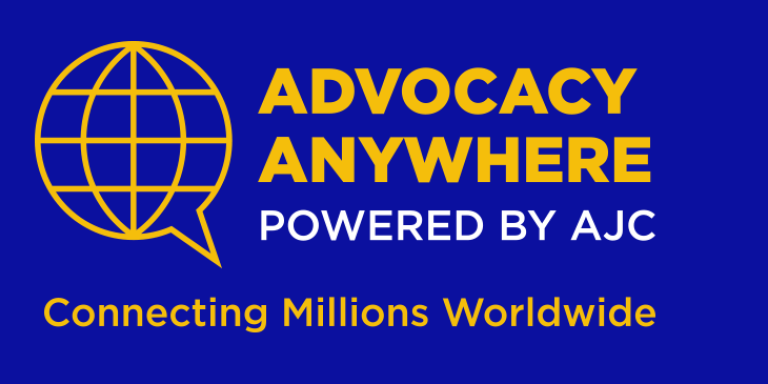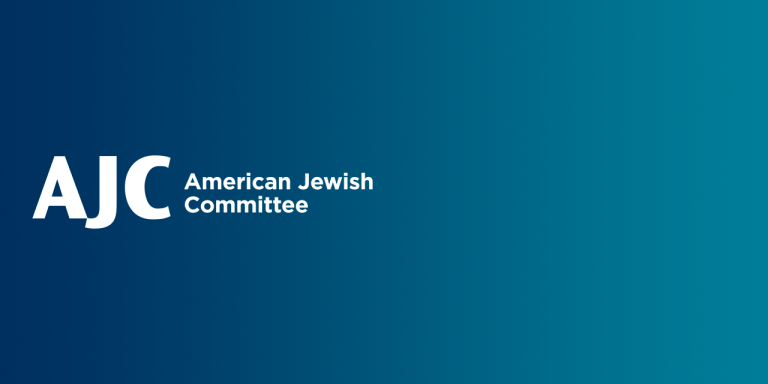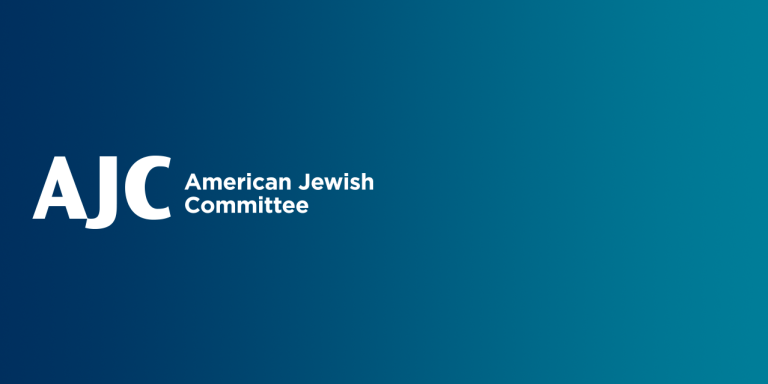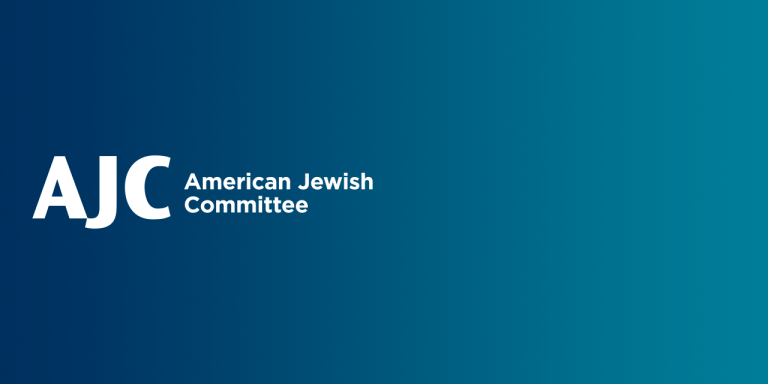Humanitarian Relief
AJC’s Asia Pacific Institute (API) delivers aid during times of crisis through partnerships with governments and relief organizations throughout the Asia-Pacific region.
In recent years, we have supported IsraAID relief teams that provide urgently needed assistance to victims of natural disasters in the region. IsraAID, a leading Israeli organization, is often one of the first nongovernmental groups to reach the site of a disaster, no matter how distant from Israel. API’s support for IsraAID is made possible by the generous backing of the Heilbrunn Humanitarian Relief Fund.
Together, API and IsraAID have brought emergency humanitarian assistance to Fiji, the Philippines, Japan, Nepal, Vanuatu, and Sri Lanka following powerful and destructive storms, earthquakes, tsunamis, and volcanoes. IsraAID teams on the ground provide shelter, water, and sanitation. Moreover, through IsraAID, API has provided psychosocial training for North Korean refugees in South Korea.
We also partner with other organizations as well as governments to provide humanitarian assistance. To mitigate a crisis following a severe drought, we helped the government of Palau purchase a desalination unit. Through United Hatzalah, a free, volunteer-based emergency medical services organization based in Jerusalem, API funded training programs in India and Sri Lanka. In Christchurch, New Zealand, we brought relief to the Jewish community following an earthquake, and similarly in Pakistan, when a massive flood affected one-fifth of the country.
Sharing Israel’s Knowledge
In coordination with AJC Project Interchange, API brought a delegation of experts in emergency preparedness and trauma response from Indonesia, India, and Sri Lanka to Israel for a week of information-sharing and collaboration. Israel has long been respected for its emergency preparedness and trauma response systems, which can serve as models for other countries hit by natural disasters.
Participants visited hospitals and emergency relief centers, and met with their Israeli counterparts. The seminar also devoted attention to infrastructure improvements that can be made now to prevent or alleviate devastation from future tsunamis, and on how to address post-traumatic stress resulting from natural disasters. This seminar was made possible by the generous support of the Edward M. Chase Educational Fund.






